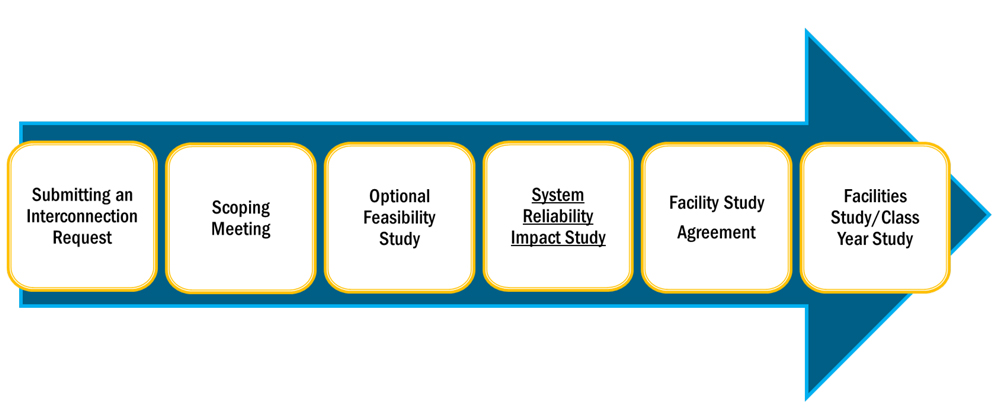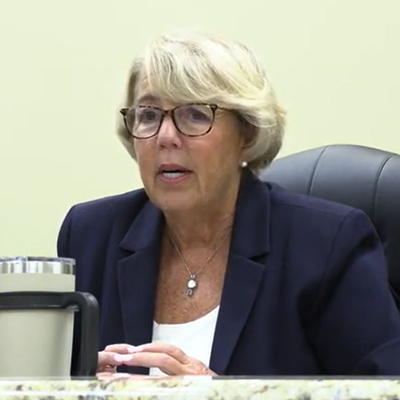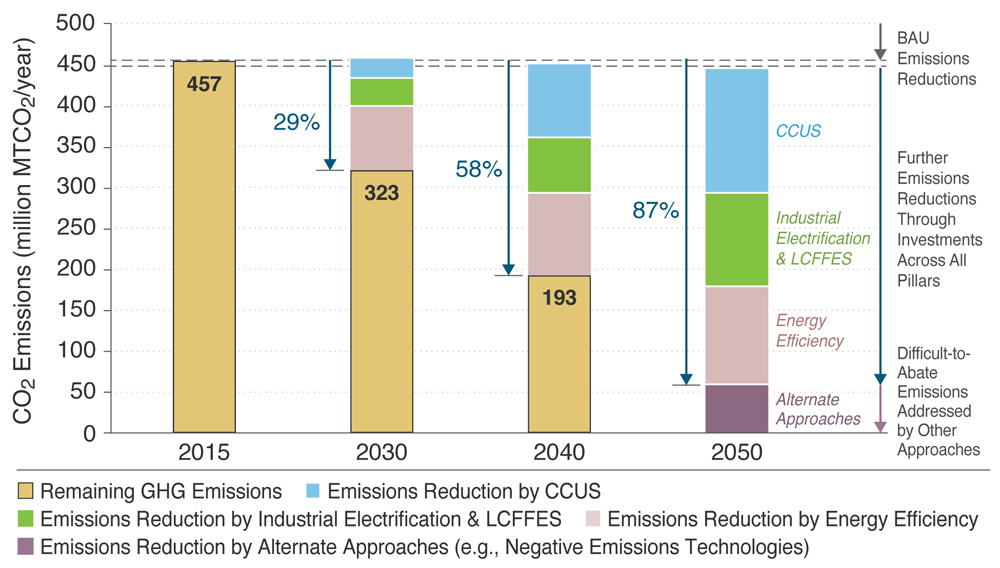Dominion Adds $25M to Data Center Alley Upgrades
VALLEY FORGE, Pa. — The price tag on Dominion Energy’s (NYSE:D) “Data Center Alley” transmission upgrades in Northern Virginia has grown by $24.6 million to $627.6 million.
Dominion told the Transmission Expansion Advisory Committee Sept. 6 it needed to increase the scope of the reliability project to clear capacity from two planned substations, including reconductoring seven 230-kV lines and upgrading terminal equipment. The new Wishing Star substation will be constructed near the existing Brambleton substation, while the Mars substation would be sited near Dulles Airport.
The reconducting of 11.4 miles of 230-kV lines totals about $29 million, and the terminal equipment is estimated at $12.65 million. Eliminating upgrades to the Brambleton substation and Loudoun breaker replacements will save $17 million.
According to the immediate needs statement presented by PJM Senior Manager Sami Abdulsalam, data centers in Dominion’s transmission zone in Northern Virginia have been experiencing “unprecedented load growth” since 2018, which is expected to continue past 2027. (See PJM Sees Additional $603M ‘Data Center Alley’ Tx Spend.)
Although Dominion is already working on more than $200 million in supplemental and baseline transmission upgrades in the area, PJM says it expects numerous reliability violations in the 2024/25 timeframe and without additional upgrades it expects there will not be sufficient transmission to serve the load beyond that period. The required service date for Dominion’s solution is June 1, 2025.
Nearly $200 Million in Additional Transmission Projects
FirstEnergy (NYSE:FE) and Dominion presented several other projects to serve new load customers and replace aging infrastructure.
Dominion is planning to construct two new substations for new data centers in Culpeper County, Virginia. The Germanna substation is being considered along the Remington-Gordonsville line at a $55 million cost for a 139-MW data center complex.
Rappahannock Electric Cooperative has asked Dominion to increase capacity at the existing Mountain Run delivery point and to construct a new substation nearby for an estimated $60 million. The project, which is still conceptual, would service a new 350-MW data center.
Dominion also presented a project to rebuild approximately 7.9 miles of double circuit line on the Braddock-Ox line in Prince William County, Virginia, at a $43.5 million price tag in response to the identification of thermal violations on the line.
Other projects:
-
-
- Dominion is planning to replace two aging transformers, Farmville and Clubhouse, for $6.4 million and $6.6 million, respectively. Both units were constructed in 1981.
- Dominion is engineering a new single 230-kV feed for a crypto mining customer in Battleboro, North Carolina, for $750,000.
- FirstEnergy is constructing a $4.9 million 230-kV circuit breaker and equipment feeding into a new 230-234.5-kV transformer in Frederick County, Maryland. The installation will supply a new customer request with a 30-MW anticipated load.
- FirstEnergy presented a $15.1 million project to build a new Sage Substation, near the Doubs-Eastalco lines in Frederick County, Maryland, to serve a new customer with an anticipated 240-MW load.
-
PJM Outlines Phase 2 of OSW Study
PJM is embarking on the second phase of an offshore wind transmission study requested by the Organization of PJM States Inc., which will consider scenarios for the injection of 8,600 to almost 20,000 MW into Delaware, Maryland, New Jersey and Virginia.
Phase 1 of the study, released last year, looked at five scenarios to identify regional transmission solutions to accommodate the coastal states’ offshore wind goals, as well as all PJM states’ renewable portfolio standards. It identified costs of $627 million to $3.2 billion for injections of 6,400 to 17,000 MW. (See Tx Upgrades for PJM OSW, Renewables Could Cost $3.2 Billion.)
Phase 2 includes three short-term scenarios (study year 2028) assuming 2,022 or 4,000 MW from Maryland, 3,906 MW from New Jersey and 2,640 MW from Virginia, per state requests. Five additional scenarios target year 2035, most of them using the same injections for Maryland, 7,648 MW from New Jersey and 2,640 or 5,200 MW for Virginia.
The final scenario, requested by Pennsylvania, will assume no offshore wind as a way to separate the OSW cost impacts from that of transmission needed to support other resources needed to meet state RPS requirements.
The new study will use an updated 2022 load forecast and provide a “much more in-depth and granular” market efficiency analysis than Phase 1, said PJM’s Matthew Bernstein. The market efficiency analysis will be performed on at least two scenarios, he said.
The study will include a retirement scenario to offset the increased renewable penetration levels assumed in the studies, based on formal deactivation notices and federal and state policies.
Each scenario will include a generator deliverability thermal analysis for summer, winter and light load conditions and identify transmission solutions for each reliability violation, including costs.
The results of the two scenarios based on current policies are expected to be completed by the end of the year. The sensitivity analyses requested by the states will be available in early 2023, PJM said.
PJM Reviewing Responses to Tx Proposal Windows
PJM received more than 30 proposals in response to two recent transmission proposal windows.
The RTO’s 2022 Multi-Driver Proposal Window 1, which closed Aug. 8, generated 14 proposals from three entities to solve potential reliability violations on multi-driver facilities. The proposals, eight greenfields and six upgrades, ranged from $215,000 to $127 million. None included cost containment.
PJM expects to begin preliminary evaluation of the proposals in early September and complete its selection by the end of the year for board approval in February 2023. PJM will coordinate with MISO in its evaluations.
PJM also received 17 proposals from seven entities in response to Reliability Proposal Window 1, which closed Aug. 30.
The proposals — six greenfield projects and 11 upgrades — ranged in cost from $260,000 to $386.7 million and addresses 275 flowgates. Seven of the proposals included cost containment measures.



